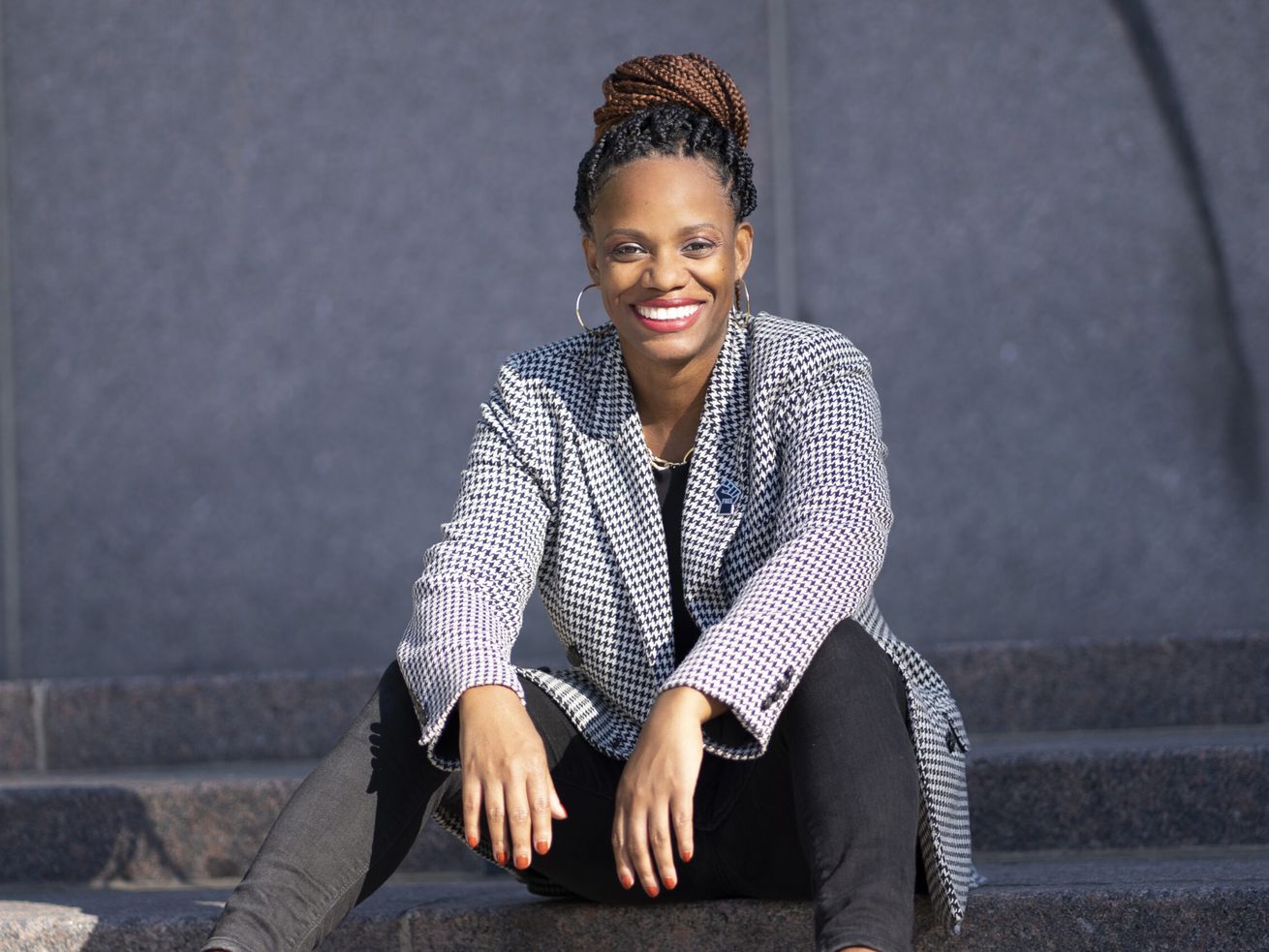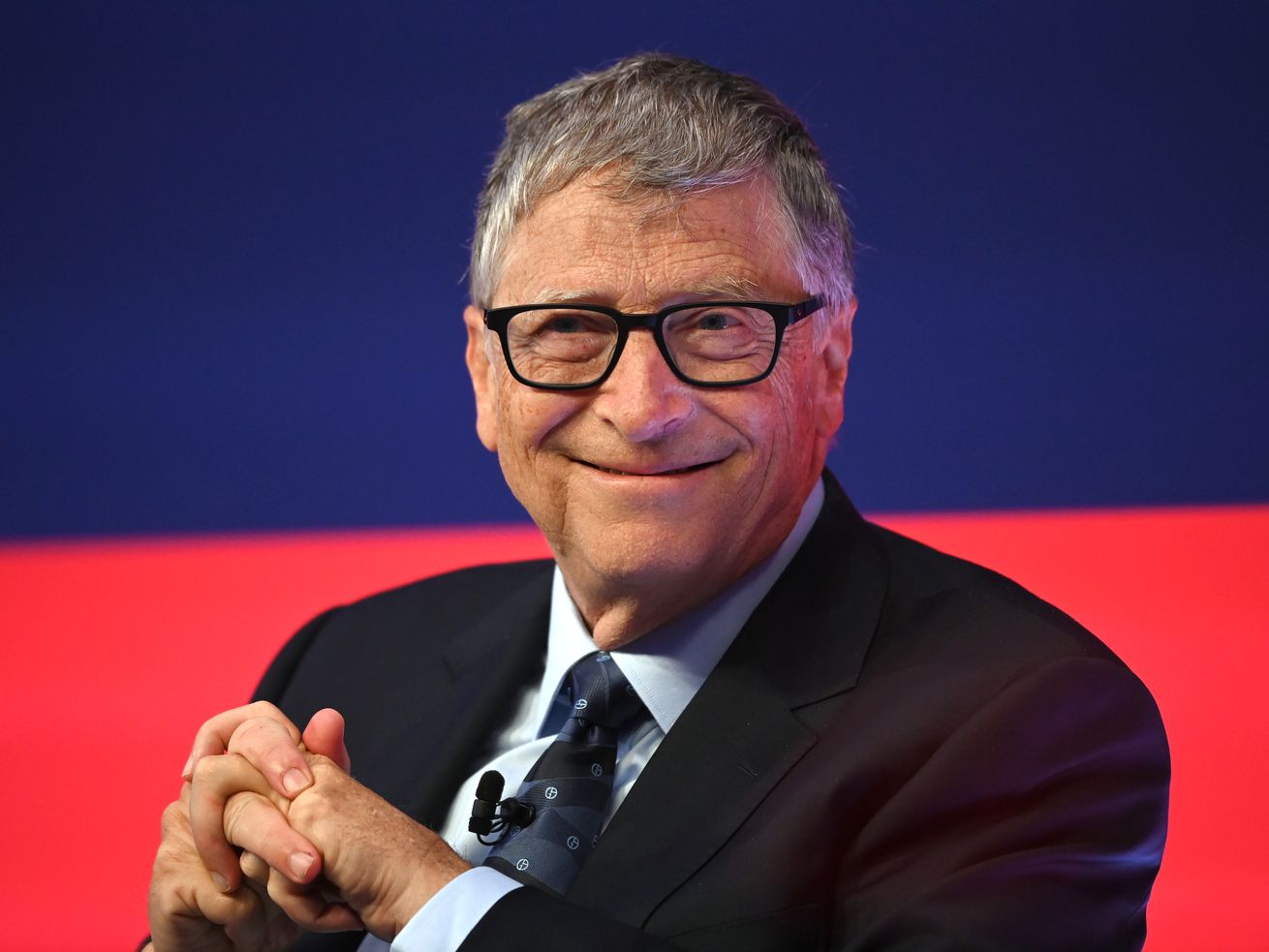
In 2019 protesters chanted for revolution; instead they got continued corruption and negligence.
Lebanon’s parliamentary elections on Sunday hold the possibility of change — however slight — from the corruption, negligence, and stagnation that have crashed the country’s economy, provided relative impunity for the devastating 2020 Beirut port explosion, and allowed the extremist group Hezbollah to pick up a greater proportion of seats in the legislature.
Sunday’s turnout within Lebanon could top 60 percent, a 10 percent increase over the numbers in 2018’s parliamentary elections. That, combined with high turnout from the Lebanese diaspora in places like Dubai and Paris, could mean that opposition groups pick up as many as 10 seats in the 128-seat parliament, according to Osama Gharizi, senior program advisor with the Middle East and North Africa Center at the US Institute for Peace. “A sharp increase in voters here would likely drive a large portion of new groups into parliament for the first time on Sunday,” Gharizi, who is based in Beirut, told Vox via email. “The acute economic and governance crises afflicting the country since 2019 should mean a higher turnout than in 2018, which stood at nearly 50 percent.”
Those crises include rampant inflation and high poverty — according to the United Nations Economic and Social Commission for Western Asia, more than 80 percent of the country’s population of 6.8 million now live in some form of poverty as measured by twenty different indicators, like access to sanitation, health insurance, and school attendance as well as financial indicators like income and wealth. Lebanon’s financial devolution has been years in the making. Staggering debt due to financial mismanagement under central bank governor Riad Salameh, as well as withdrawal of Saudi support due to the increasing influence of Hezbollah and Iran, and political unwillingness to make reforms in exchange for foreign aid, all contributed to the implosion of the economy.
Lebanese people, fed up with the government’s response to the economic crisis it had created, began protesting on October 17, 2019; a proposed tax on the messaging service WhatsApp was the final straw. They demanded the entire government resign, chanting “all of them means all of them,” occupying many of downtown Beirut’s iconic but still bullet-scarred buildings, and demanding an end to the sectarian divisions which pitted the population against each other while enriching the political elites and keeping them in power.
However, the emergence of the Covid-19 virus put a damper on the protests’ momentum until the August 2020 Beirut port explosion, which killed at least 218, injured more than 7,000, and displaced hundreds of thousands. Independent investigations, and many Lebanese, maintain that political negligence is responsible for the blast; government officials failed to properly store the 2,750 tons of ammonium nitrate that exploded after a fire broke out in the warehouse where it was being stored. In the aftermath, neighbors fed each other, delivered medicine, and organized to make home repairs. The government was nowhere to be found because officials had resigned en masse. Nearly two years on, there’s still no justice for the citizens of Beirut, since politicians have shut down two successive investigations.
Lebanon’s government structure doesn’t make political change easy
Lebanon’s parliament serves a four-year term and its structure is divided along sectarian lines, between Muslim and Christian seats; although there is religious diversity in Lebanon, religious minority groups like the Druze must fit into either the Muslim or Christian constituency, and are given seats proportional to their population. Executive offices are always filled by one of the three primary religious constituencies — the prime minister is always a Sunni Muslim, the speaker of parliament is Shia, and the president is always a Maronite Christian. The religious confessional system, which has existed in some form for the duration of Lebanon’s modern history, was codified into law under the 1989 Taif Accords, which laid out the conditions for the end of the 15-year-long civil war.
The division of political office along sectarian lines was ostensibly intended to keep the peace between religious groups after the brutal civil war, but it has also perpetuated corrupt political dynasties and enabled impunity for kleptocratic players that have allegedly used the fragile country’s assets as their own personal coffer. The Taif Accords also give broad power to the president, allowing them to dismiss the prime minister and cabinet, and to dissolve parliament, creating the conditions for the abuse of power and cronyism which have long plagued Lebanese politics.
As Gharizi told Vox, Lebanon’s “electoral system is skewed [in] favor of the traditional ruling parties. This shouldn’t be all that surprising since they are the ones who devised it in 2017. It is based on proportional representation (PR) and was first used in the 2018 elections.” While some civil society groups were in favor of the change because it could allow candidates from non-traditional groups to participate in the government, he said, “the traditional ruling parties inserted details into the electoral system that essentially negates the benefits,” including a preferential vote for an individual within a coalition, which Gharizi said helps “secure the election of traditional leaders.”
Furthermore, electoral districts “match the constituencies of traditional ruling parties” — parallel in theory to gerrymandering in the US — and Lebanese election tradition stipulates that people vote in their ancestral villages, which, Gharizi said, “precludes the emergence of a strong concentration of opposition constituencies.”
Because Lebanon’s economic issues are so deeply intertwined with the widely-acknowledged corruption of the political elites, the status quo can’t change until the political institutions do. That kind of change seemed to be fomenting when Saad Hariri, a Sunni Muslim politician, former prime minister, and the scion of the Hariri political dynasty, announced he was resigning from politics this past January and urged his supporters to boycott the election. The younger Hariri, who took office after the 2005 assassination of his father Rafik while he was serving as prime minister, is perhaps best known internationally for giving millions of dollars to a young South African model in between his prime ministerial terms. Hariri, who resigned as prime minister during the 2019 protests, was then appointed in a caretaker capacity by President Michel Aoun in October 2020; nine months later, he resigned again, unable to form a new government.
While Hariri’s retirement from politics carried with it the risk of further stagnation and disarray, it was also an admission of sorts, that under his leadership and the leadership of his political class, Lebanese society had suffered — and Hariri and his ilk were doing nothing to stop it.
Can Sunday’s vote make any inroads?
No one election will make the sweeping change that Lebanon needs and that the Lebanese people have been demanding for years now. While Gharizi acknowledged the anger and frustration most Lebanese feel, he also told Vox that “the clientelist and patronage networks of traditional ruling parties run deep, meaning many still rely and have become ever more dependent on, given the current economic crisis, the largess of the parties for basic needs.” That dependence “ensures that traditional ruling parties are able to more easily mobilize their supporters to the polls than nascent opposition newcomers, thereby guaranteeing a certain level of control and influence in the next parliament and government,” he said.
That means that although Hariri’s Future Movement party didn’t put forward any candidates, other traditional political stakeholders did, including the Shia Hezbollah movement, which held 71 parliamentary seats going into the elections and whose supporters reportedly threatened election observers from the Lebanese Association for Democratic Elections. But other traditional parties have resorted to unsavory methods to ensure victory too, according to Gharizi.
“Traditional ruling parties have reverted to tried and tested campaign strategies ensconced in fear, sectarian rhetoric and clientelism to mobilize voters,” he said. “Opposition groups are painted by ruling parties as being supported and funded by either traditional rivals or by international actors, or as being too weak to protect the community from the ‘other.’”
Ultimately, any change for Lebanon will come from independent leaders, detached from the leadership that has had a stranglehold on the country for decades. But the opposition movement is new, unused to political organizing, and developing platforms and strategies, while traditional parties have relied on their divisive sectarian messages, Gharizi said. But the fact that independent candidates have even participated in this election in any sort of significant number “is in and of itself a key milestone in Lebanon’s political development and continues the gradual, long-term process to overhaul Lebanon’s anachronistic political system that began with the events of October 2019,” according to Gharizi.
While the emergent political actors have finally had a chance to run campaigns, a recent Oxfam report cites the “inability to present a unified, strong political discourse that makes them a serious alternative to the current ruling elites” as a major setback for those groups. In the absence of strong political platforms and meaningful coalitions — not to mention funding to support campaigns — the report cautions, dissatisfaction with the ruling class is simply not enough to get independent candidates elected, much less dismantle the entire corrupt and divisive system.
Ultimately, the outcome of this critical election depends on turnout, as Gharizi told Vox. But as of 6:30 pm local time, according to Sami Atallah, the founding director and head of research at the Beirut-based think tank The Policy Initiative, turnout was low — only 37.5 percent. “While Sunnis were expected to boycott, surprisingly Shia and Christians had lower turnout as well. High level of voter apathy,” he tweeted Sunday.

